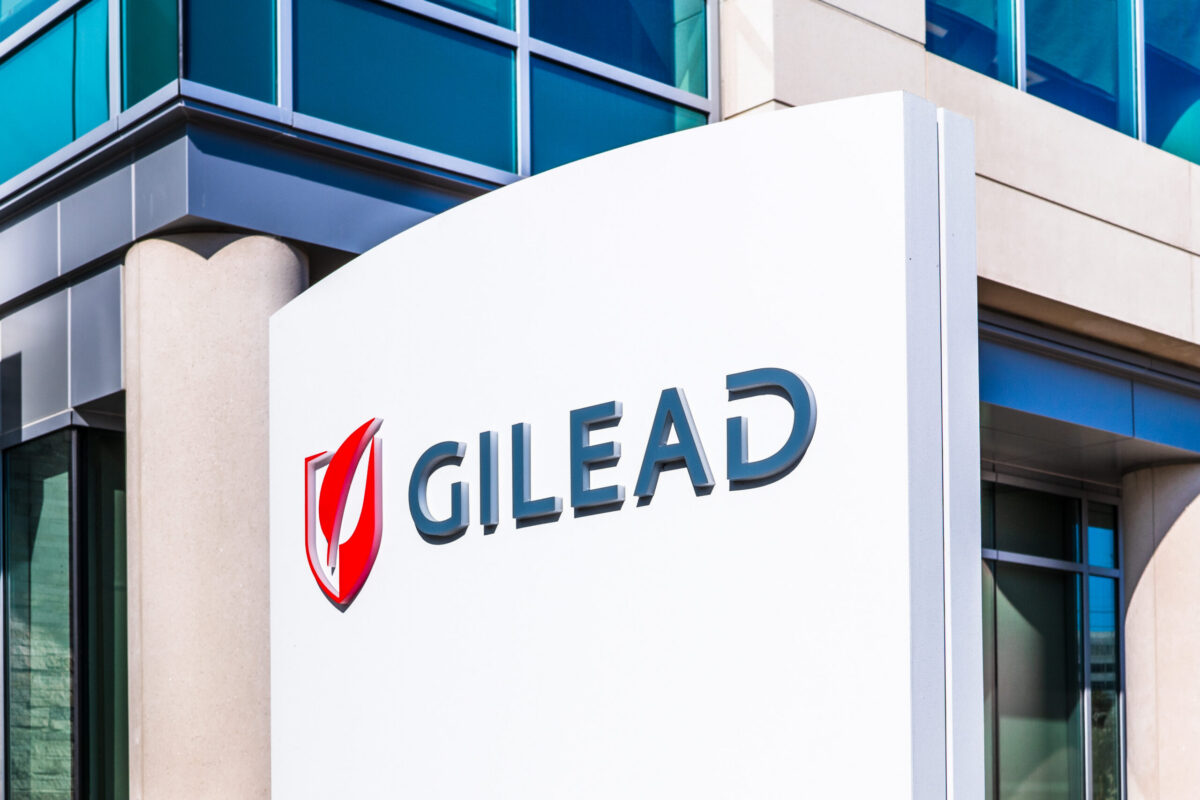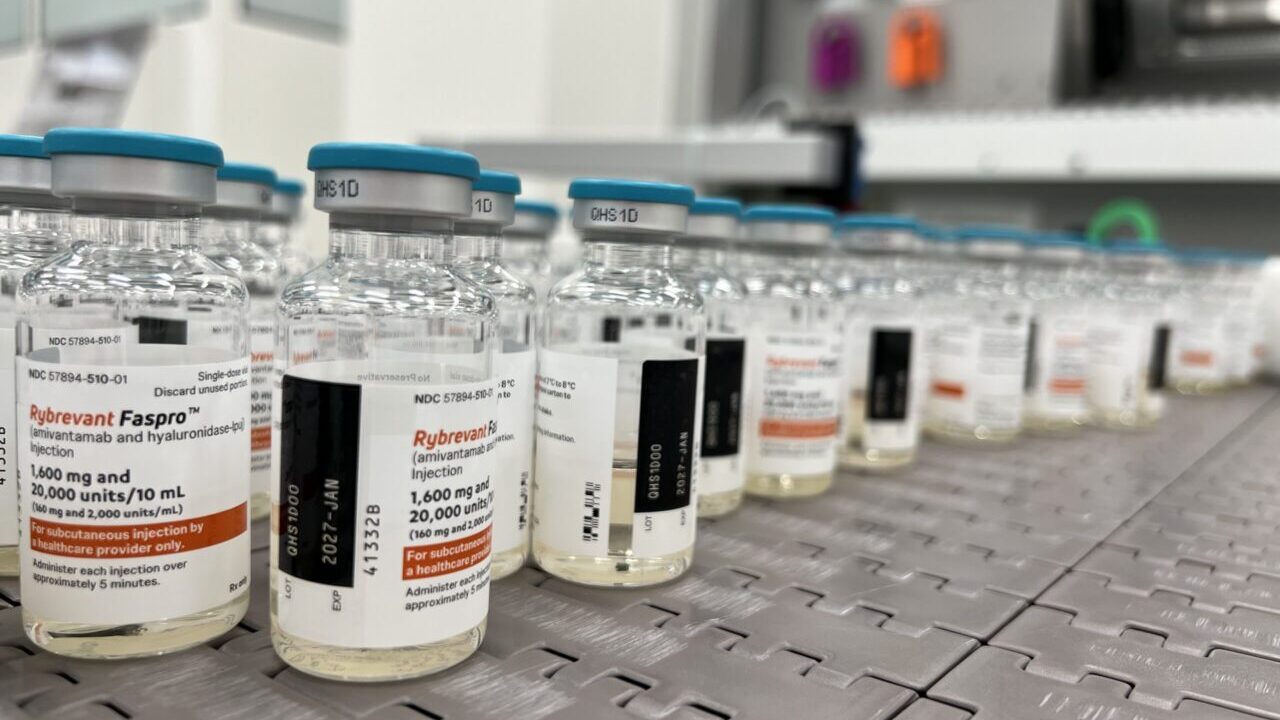Update (May 9, 2018): Roche’s Tecentriq has been granted FDA priority review for first-line treatment of patients with metastatic non-squamous non-small cell lung cancer (NSCLC). The company’s supplemental Biologics License Application (sBLA) will be considered by the regulator for the approval of Tecentriq for this indication when used in combination with Avastin and chemotherapy. The FDA is expected to make their decision by September 5, 2018.
Originally published on April 19, 2017:
Genentech’s PD-L1 inhibitor, Tecentriq, has just gained another indication from the FDA. The immunotherapy has been granted accelerated approval by the regulator for the treatment of patients with locally advanced or metastatic urothelial carcinoma (mUC).
Bladder cancer patients who are unable to be treated using cisplatin chemotherapy may be eligible for treatment with Tecentriq. The immunotherapy agent as previously approved to treat patients with locally advanced or mUC who have shown disease progression following chemotherapy or surgery.
It’s estimated that up to 50 percent of all people with advanced urothelial carcinoma – the most common of which is bladder cancer – are unable to be treated using cisplatin chemotherapy. These patients face few treatment options, and as a result, are in need of alternative therapies.
“We are pleased that Tecentriq will now be available to more people with advanced bladder cancer, including those who are unable to receive initial treatment with cisplatin chemotherapy,” said Dr. Sandra Horning, chief medical officer and head of Global Product Development. “Tecentriq was the first cancer immunotherapy approved by the FDA for people with advanced bladder cancer and has become a standard of care in those whose disease has progressed after receiving other medicines, either before or after surgery, or after their disease has spread.”
The accelerated approval of Tecentriq was based on the results on a Phase II clinical trial, dubbed IMvigor210. Of the 119 patients enrolled in Cohort 1 of the trial, 23.5 percent responded to treatment with the immunotherapy. Tecentriq is currently being evaluated in a Phase III clinical trial to confirm these results, which could support continued approval for this indication by the FDA.
“It is encouraging to see continued progress in the treatment of advanced bladder cancer, which until last year had not seen any major advancements in more than 30 years,” said Andrea Maddox Smith, chief executive officer, Bladder Cancer Advocacy Network. “We are excited that Tecentriq is now a treatment option for people with advanced bladder cancer who are unable to receive a cisplatin-based chemotherapy as an initial treatment.”
Tecentriq is a monoclonal antibody which binds to the PD-L1 protein displayed on tumor cells. This inhibitory effect may activate the T cells of the immune system. In October of 2016, Tecentriq was first approved to treat patients with metastatic non-small cell lung cancer (NSCLC) who have experienced disease progression after receiving chemotherapy.












Join or login to leave a comment
JOIN LOGIN